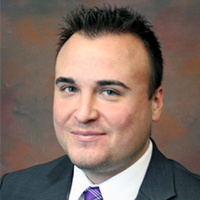Cerrillos DUI-DWI Lawyer, New Mexico
Sponsored Law Firm
-
 x
x

Click For More Info:
-
De Oppresso Liber Law
223 N Guadalupe #567 Santa Fe, NM 87501» view mapCriminal Defense Law Liberating The Oppressed
De Oppresso Liber Law has been helping clients with catastrophic personal injury cases and serious crimes for more than 30 years.
505-695-6183
Mark A. Keller
✓ VERIFIEDMark A. Keller and his team of attorneys provide aggressive legal defense for people in Albuquerque, the surrounding area and throughout the State of ... (more)
Rachel Walker Al-Yasi
✓ VERIFIEDCriminal Lawyer proudly serving Albuquerque, New Mexico and the surrounding areas. Please call 800-578-4330 to speak with Rachel Walker Al-Yasi today.... (more)
Leonard J. Foster
✓ VERIFIEDLeonard J. Foster accepts cases involving Personal Injury, Criminal Law, Business Law, & Native Peoples and is an active Lawyer practicing in Albuquer... (more)
Ryan D. Baughman
✓ VERIFIEDThe Law Office of Ryan D. Baughman, LLC is a law office based out of Albuquerque, New Mexico. The office is led by solo-practitioner Ryan D. Baughman,... (more)
FREE CONSULTATION
CONTACT William H. Snowden Santa Fe, NM
William H. Snowden Santa Fe, NM Practice AreasExpertise
Practice AreasExpertise




